Russia formally quits Open Skies Treaty after US withdrawal
Russia has officially left the Open Skies arms control treaty following the United States’ unilateral exit from the pact last year, saying Washington bears “full responsibility” for the post-Cold War accord’s demise.
In a statement issued on Saturday, the Russian Foreign Ministry said the decision to withdraw from the treaty, which allows reconnaissance flights over the participants’ entire territory, was ultimately made after US allies’ failure to give Russia firm guarantees that information collected during overflights would not be handed over to Washington.
The ministry said without US and Russian participation, the effectiveness of the treaty would decline dramatically. “Full responsibility for the degradation of the agreement lies at the feet of the initiator of the collapse of the Treaty on Open Skies: the United States of America.”
“We respect the decision of the participating States remaining in the Treaty to continue its implementation. We wish them constructive and fruitful collaboration. However, it is obvious that without the participation of the United States and our country, the effectiveness of the Treaty on Open Skies will decrease sharply: the area of application will drop by about 80 percent, and the number of Open Skies missions planned for 2022 will severely decrease.”
The ministry also stated that the treaty “has fallen victim to the internal fight between different influential groups in the US, which was won by the hawks,” adding that Moscow “has done everything it could to find possible compromise solutions” to salvage the deal and have Washington rejoin the pact.
“All these circumstances left us no choice. They predetermined Russia’s exit from the treaty. We cannot and will not undermine our national security,” it said.
The Russian Foreign Ministry said over the years Russia has conducted 646 reconnaissance flights in accordance with the agreement, and has allowed for 449 flights over its territory among the 1,580 total flights made.
“Decades of fruitful implementation of the Treaty on Open Skies showed that it served well as a tool for strengthening confidence and security, creating additional opportunities for an objective and unbiased assessment of the military potential and military activities of the participating States.”
Back in June, President Vladimir Putin signed legislation to pull Russia out of the key trust-building pact, following the US exit from the agreement, giving the necessary six-month notice on withdrawal to the remaining members.
The United States initially left the Open Skies Treaty in November 2020 in one of Donald Trump's final acts as president. Trump accused Russia of violating the treaty. Russia responded in January, saying it would also withdraw.
Open Skies was signed soon after the dissolution of the Soviet Union in 1992 and came into force in 2002. The treaty allowed its signatories, including the US, Russia, European countries and Canada, to carry out short-notice flights over each other's territory to monitor potential military operations. It also allowed members to request copies of images taken during surveillance flights carried out by other members. The treaty was largely intended to defuse potential tension between Russia and the West.
Washington’s pullout came against the backdrop of similar moves the Trump administration had made to quit major international agreements since he came to office in 2017.
Netanyahu pushing to turn US into ‘slave state for Israel’s expansionist dreams’: Analyst
Iran’s security chief meets with Yemen's Ansarullah official in Oman
Mass shootings at school, home in Canada leave 10 dead, including shooter
Millions in streets across Iran for Islamic Revolution anniversary marches
#IR47: How Iran’s martyred commanders found faith, purpose and mission in Islamic Revolution
#IR47: Long walk to freedom - Imam Khomeini and the Iranian nation’s epoch-making moment
VIDEO | Tehran conference examines Islamic Revolution’s enduring role in shaping global resistance
VIDEO | Gazans say Israel seeks permanent military presence


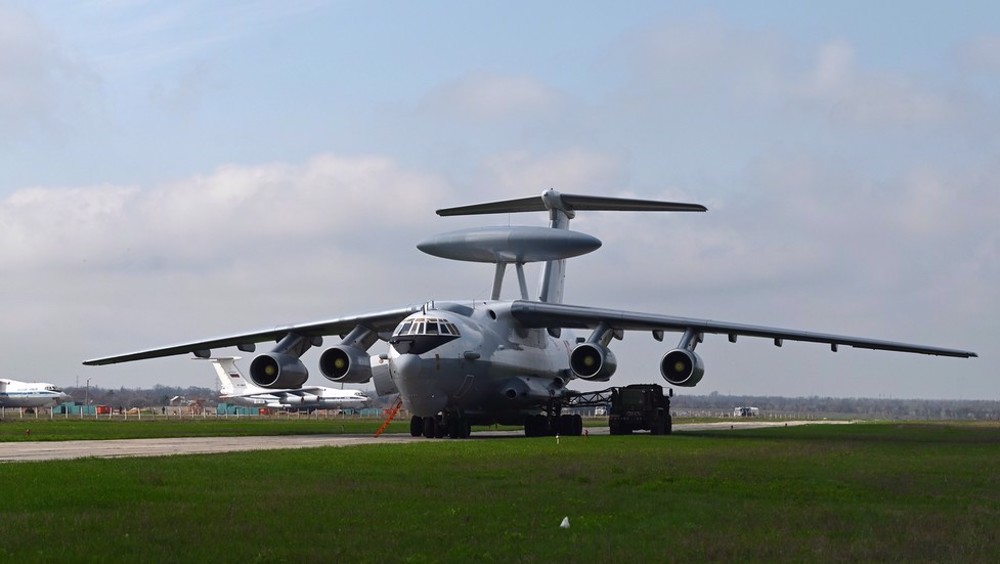
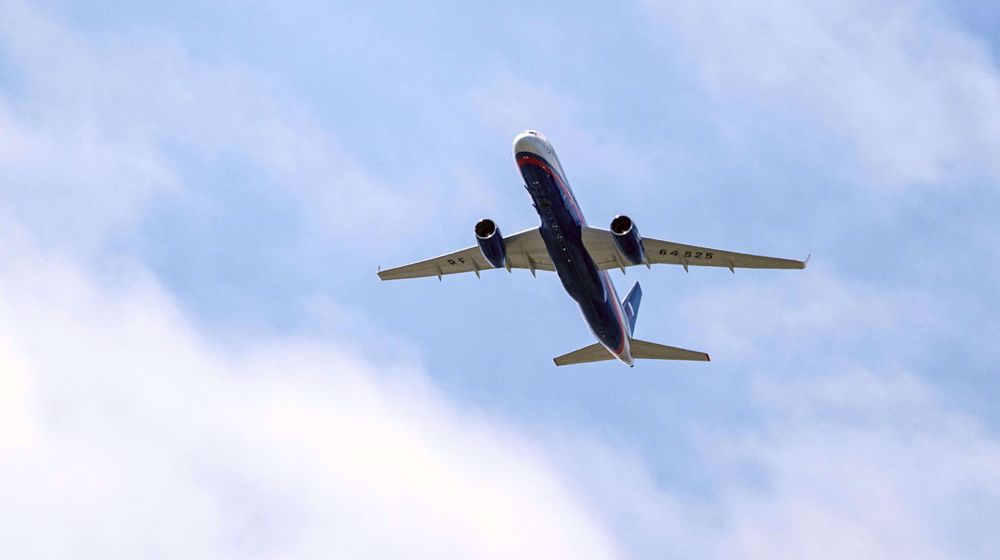
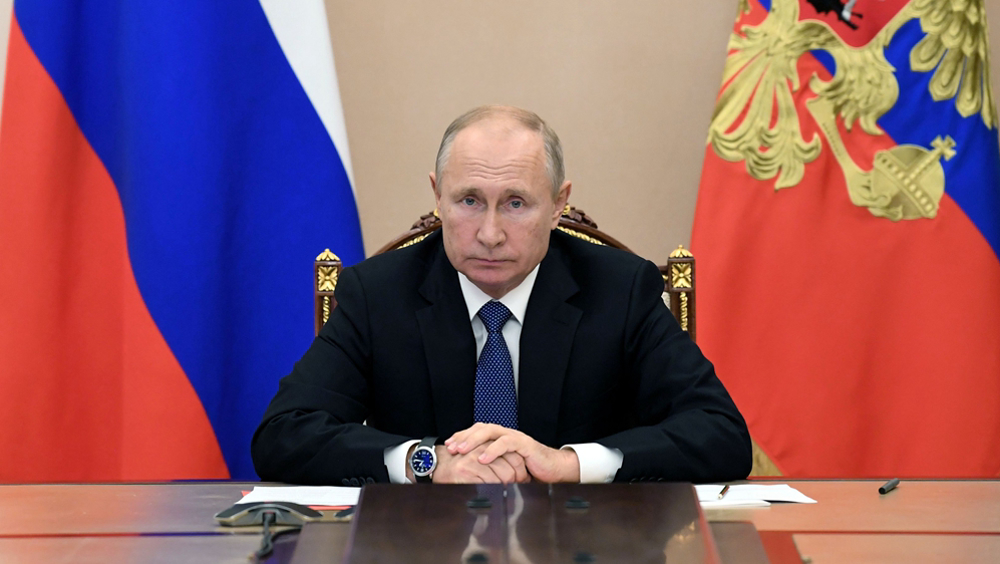

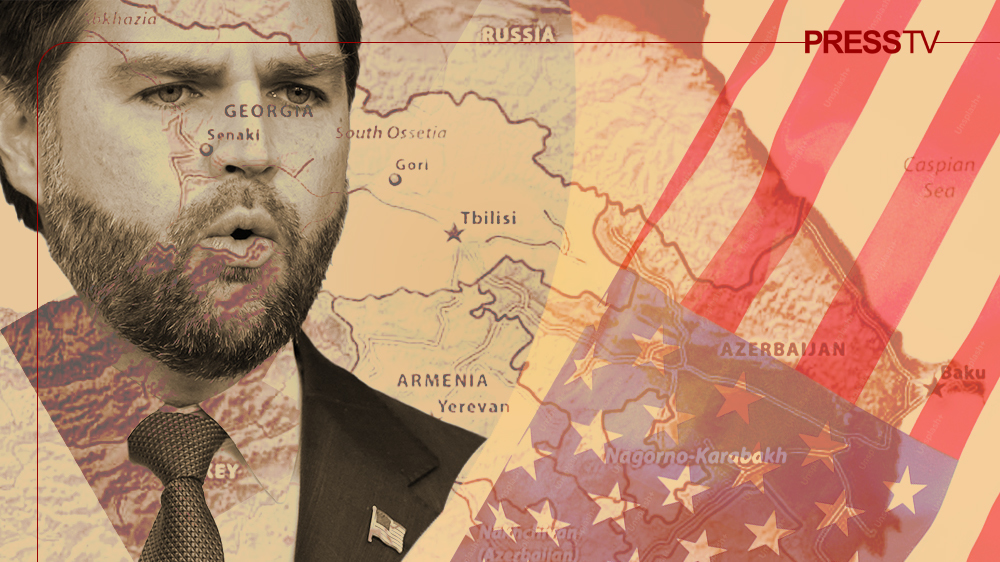
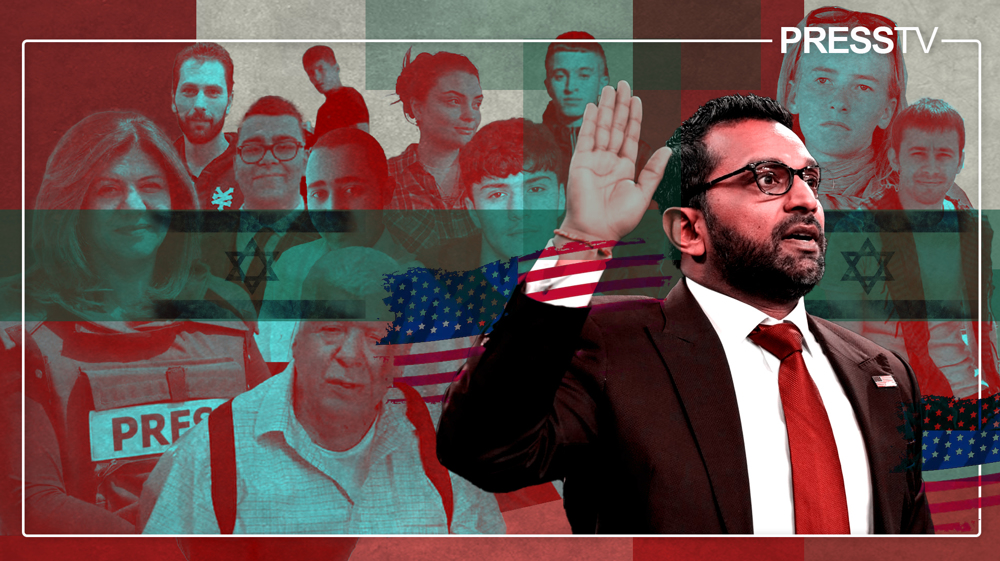



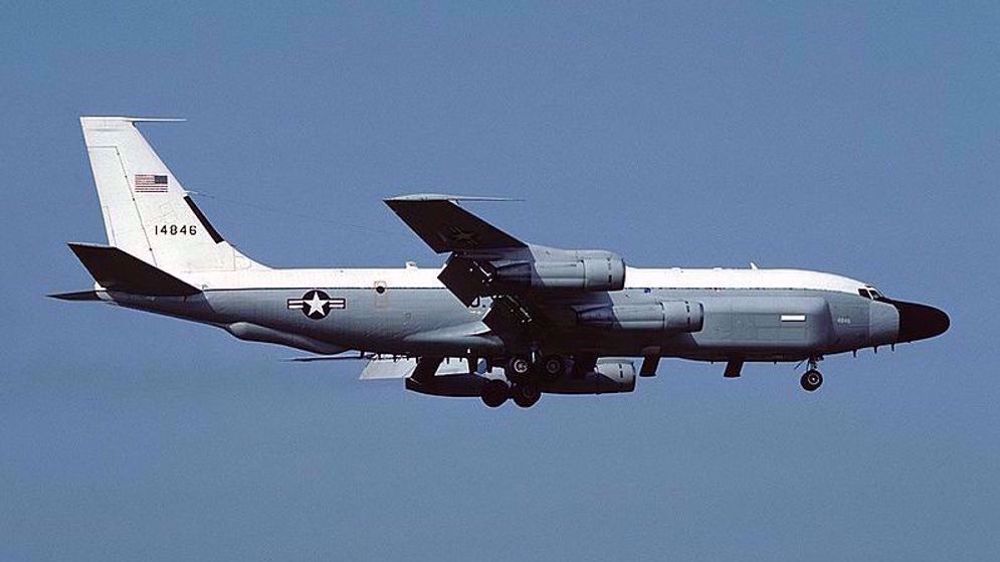
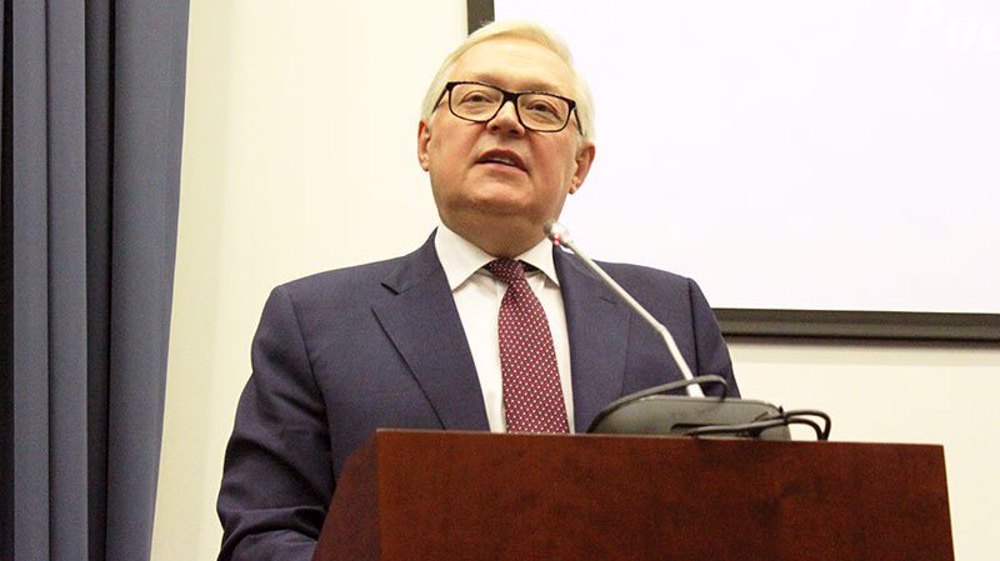

 This makes it easy to access the Press TV website
This makes it easy to access the Press TV website